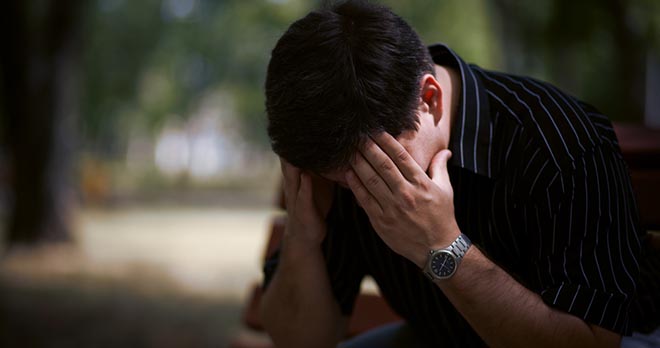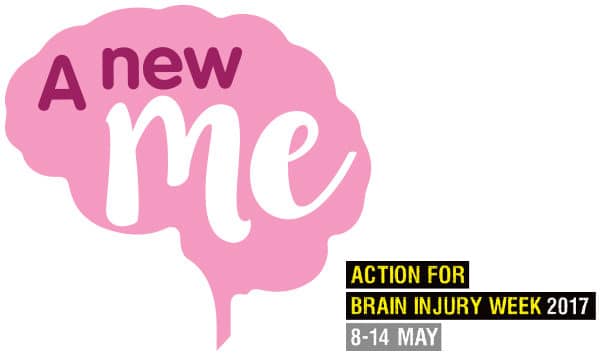Why do people’s personalities change after a brain injury?

But sometimes, as the patient edges their way out of immediate danger, it becomes clear that although their life has been saved, a part of it has also been lost. A part not measurable in medical statistics, and at times imperceptible to any but their closest friends and family. A part that was central to their identity, but now, feels like it may be changed forever; their personality.
In a study released by Headway the brain injury association, just under three quarters (75%) of people questioned said that after their brain injury they felt like a new person, but not necessarily in a good way.
Feelings of anxiety and loneliness, often accompanied the perception that family and friends did not understanding certain changes in their personality.
The impact of personality change on the immediate family is often made worse because the injured person does not always appreciate or acknowledge this change. We are frequently told that “new behaviours” are deemed “normal” by their injured loved one, when it is clear to all that they are very different to their character before the injury.
The exact reason why brain injuries cause these changes is still unclear, but it is now widely believed that physical damage to two sections of the brain could be responsible. In particular, the connection between one part of the brain that regulates behaviour and emotion, known as the limbic system, to another part that regulates thinking patterns, called the cerebral cortex. When this connection is damaged the brain needs to reconnect these pathways the best it can, however this ‘re-wiring’ effect could be the cause of a shift in personalities, as the connections are different to before.
It is also worth mentioning that receiving a brain injury can be an exceptionally stressful situation, and like any form of extreme emotional trauma, each individual deals with it differently. For some this could manifest in personality changes such as frustration, heightened aggression, or a short temper, for others it can be much more subtle, but no less significant.
Despite this, many people emerge from a traumatic head injury with a positive view of their new personality, and organisations like Headway are working hard to ensure people get the rehabilitation and support they need, and that this message gets through.
With initiatives like Action for Brain Injury Week, Headway are working to show that with education, support and an engaged team of brain injury specialists, survivors of head injuries and their families can move on from the trauma of a brain injury and look forward to a new start, together.
